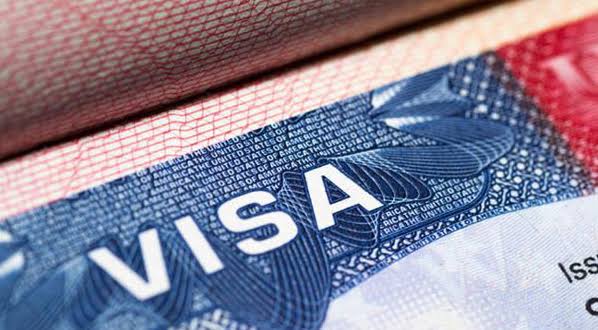By Peter Omopo
The United States has introduced sweeping changes to its non-immigrant visa policy, requiring applicants to attend interviews strictly at a U.S. Embassy or Consulate in their country of nationality or residence.
The new directive, announced by the U.S. Department of State on Saturday, September 6, 2025, took immediate effect and replaces all previous instructions on where visa interviews could be scheduled.
In a statement on its official visa portal, the Department explained that nationals from countries where routine non-immigrant visa operations are suspended must apply at designated embassies or consulates. Examples include Afghans applying in Islamabad, Belarusians in Vilnius or Warsaw, Cubans in Georgetown, Iranians in Dubai, Russians in Astana or Warsaw, Venezuelans in Bogota, and Yemenis in Riyadh.
The State Department also outlined three major implications of the change:
- Residence Requirement: Applicants must prove legal residence in the country where they apply.
- Fees: Those applying outside their country of nationality or residence risk being denied and will forfeit application fees, which are non-refundable.
- Delays: Applicants outside their residence country should expect significantly longer wait times for interviews.
Existing appointments will generally not be cancelled, while exceptions may be granted for humanitarian, medical, or foreign policy reasons. Diplomatic, NATO, and UN-related visas remain unaffected.
The Department said the update aims to streamline visa adjudications, reduce global backlogs, and strengthen security protocols.
The change ends a long-standing practice in which nationals sought appointments in neighbouring countries to bypass delays. In Nigeria, for instance, when slots in Lagos or Abuja were unavailable, applicants frequently turned to consulates in Ghana, Ivory Coast, Namibia, Canada, or even the Dominican Republic.
With the new rule, Nigerians—and applicants worldwide—must now apply strictly in their country of residence or nationality, a move expected to significantly reshape the visa process amid already lengthy wait times.

